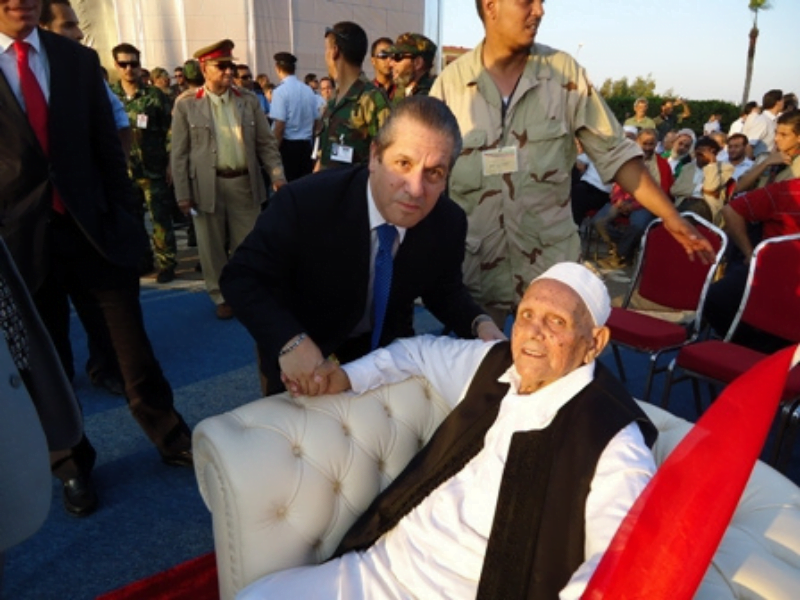Senior members of Malta’s diplomatic corps are stunned at the recent political appointment of a retired diplomat Joseph Pirotta, previously investigated by the police, to the rank of ambassador.
Pirotta, a veteran Maltese diplomat, who spent most of his career in China and Libya, has been given the green light by parliament’s Public Appointments Committee to start serving as Malta’s new non-resident ambassador to Qatar.
Despite his chequered past, which included a police investigation over the issue of visas from Malta’s embassy in Beijing, as well as an evacuation in the middle of the night from Benghazi, the Opposition members of the parliamentary committee raised no questions in a 20-minute ‘grilling’ of Pirotta to assess his credentials for the post.
While government members showered praise over Pirotta, particularly for his command of the Chinese language, PN MP Carmelo Mifsud Bonnici declared the Opposition’s full trust in his nomination.
In 2005, while serving in China, Pirotta, then a Counsellor, together with Ambassador Saviour Gauci was recalled from his posting following a police investigation on the issue of Chinese visas.
The Foreign Ministry had stated that although no criminal irregularities had been found, it was recalling and replacing Pirotta and Gauci in Beijing as “the Ministry considers that the credibility of visa processing by the embassy of Beijing had been irreversibly prejudiced”.
The Ministry had added that “in the interest of the credibility of the operations of the Maltese embassy in Beijing, it was decided to change all diplomatic staff currently serving in this embassy.”
Following this incident, originally flagged by then-Labour Shadow Minister Leo Brincat, Pirotta was brought back to Malta.
He was later posted in Libya and Australia. Despite being one of the longest serving members of the diplomatic corps, he was never given the rank of ambassador until his retirement.
In 2013, during the Libyan uprising, the government had to intervene to evacuate Pirotta, then Malta’s consul in Benghazi, taking him out of the country using a private plane in the middle of the night.
Although the government, then led by disgraced Prime Minister Joseph Muscat, had kept this ‘mission’ under wraps, it later transpired that Pirotta had received threats to his life.
At the time, Maltese consulates in Libya had been facing continued criticism over delays in the issue of visas, largely due to overwhelming demand. It could not be ascertained whether the threats to Pirotta’s life were related to this issue.
Senior diplomatic sources told The Shift that the least the current Foreign Minister could do is to try to keep Pirotta away, once he had retired, rather than reinstate him in the diplomatic corps through a political appointment.
“This appointment does not really reflect well on the Foreign Minister. Foreign embassies in Malta are watching closely,” a senior source said. “It also reflects badly on the Opposition as it shows how ill-prepared they are.”
It is not yet clear whether Pirotta’s appointment as non-resident ambassador is a stepping stone to him being given him a full-time post overseas.












